By Dr Fernando Esteche
Between 22nd and 24th of August, the summit of BRICS presidents will meet in South Africa.
The BRICS represent almost half of the global population and in the last year contributed 50% to the growth of the world’s gross product.
Said summit will suffer from the absence of Russian President Vladimir Putin who will be represented by his chancellor. This is a political gesture that demonstrates Russia’s flexibility regarding the limitations on diplomatic autonomy that its partners have, for example, in this case, the host country. South Africa was ordered by the International Criminal Court (a body to which it is a tributary) to arrest the Russian premier. Russia preferred to take care of its partner and strengthen it to consolidate its ability to maneuver, rather than throw a tantrum inconsistent with such a situation.
Some thirty countries will attend the summit as observers, many of which are at different levels of application for membership in the trade alliance. Among them are the Latin Americans from Nicaragua, Venezuela and Argentina. Already having led talks, Algeria, Saudi Arabia and the Islamic Republic of Iran are also coming. The very dynamics of the geopolitical changes in the Sahel and the instability of the Maghreb allow us to speculate on the possibility that the incorporation of a partner from the region is also being considered.
The creation of the New Development Bank (NDB) of the BRICS has aroused great expectations in countries with external financing problems, for which it is another of the reasons that this platform offers as cooperation and possibility of getting rid of the traditional organizations of Breton Woods that act as gatekeepers of the dollar and devices to hold the national macroeconomies.
Argentina, plunged into a monumental financial and funding crisis, overly conditioned by its agreement with the International Monetary Fund (IMF) that requires it to persist in a continuous fiscal adjustment, has already formally requested the Chinese president for more than a year, who officiates as president pro tempore of the organization, its admission as a partner.
These are times when the organization seeks to consolidate some levels of institutionalism and overcome its germinal stage where the mechanisms of incorporation and permanence, except for the unanimity of its members, were not well established.
In the last summit of foreign ministers that was held in June of this year, a manifesto was built that accounts for what we say. In point 73 of the final document states; “We support the promotion of discussions among the BRICS members on the BRICS expansion process. We stressed the need to clarify the guiding principles, standards, criteria and procedures for this expansion process through the channel sherpas (representative, negotiator or senior government adviser) on the basis of a full consultation.”
The organization has become an obligatory reference when thinking about geopolitics and the world economy. Its valuation skyrockets as a result of the pandemic; of NATO’s war against Russia; and of the recurring sanctions that Atlanticism imposes in its commercial or military wars against the powers that compete with it – situations that have changed the world order. These combined or isolated situations have operated both in the member partners themselves such as Russia or China, as well as in applicants for incorporation, a solution space for overcoming situations of blockades and sanctions as well as opening up a new diplomatic universe.
BRIC was the acronym used by the investment house Goldman Sachs, in November 2001, the height of the Atlantic unipolarism, in a report entitled Building Better Global Economics, BRIC defined those who in its opinion would be the main economic actors in the year 2050.
With this prospect set forth in 2001, this bloc, far from crystallizing as a simple bond investment destination as Goldman Sachs claimed, became a powerful commercial bloc with growing influence in the world system.
South Africa was the last addition to the group in 2011 and precisely responded to the need to incorporate the African region, where Brazil and China had relations at that time.
At the Fortaleza Summit (Brazil) in 2014, Argentina tried to join the bloc and was questioned by the Brazilian PT Foreign Ministry, for which the possibility was aborted.
Argentina in terms of structure and macroeconomic indices may be in better condition than South Africa, or be similar to some of the countries that apply for membership. Food, energy, lithium and other minerals, with an increasingly primary economy appear as a very seductive source of resources. Its limit is the foreignization of its own foreign trade and the erratic and recurrently unpredictable foreign policy. On more than one occasion, Argentina appears as the bishop of the North American challenges to Russia and even did not allow the disembarkation of a ship loaded with Russian LNG in response to the sanctions that weigh on the country.
If the issue is part of the summit’s agenda, China announced that it would promote Argentina’s entry into the BRICS group, as will Brazil, and India, which has been establishing a trade alliance. Such a decision would offer Argentina access to financial assistance from the NDB and the concrete possibility of getting rid of the IMF.
Dilma Rousseff, the Brazilian president of the BRICS New Development Bank (NDB), when she met in China with the Argentine Minister of Economy and presidential candidate, Sergio Massa, assured him that the entity’s board of directors formally opened the path for the vote on Argentina’s admission in the next meeting.
The Argentine President’s trip to Johannesburg was canceled due to the still imprecise information whether Argentina would enter the bloc or not. What is at stake regarding the issue of the block’s expansion are possibilities such as of the BRICS plus or BRICS +, which are more flexible, different forms of association, These may eventually allow access to the NDB and facilitate some trade agreements. But the information that is circulating in the Argentine government is still imprecise and in any case, they realize that the Argentine president would not return from South Africa with a diplomatic victory of adding the initial of his country to the acronym.
More thorny issues have crept onto the agenda and this would postpone or annul the discussion on new partners. The European Union and the United States are pressing strongly (Brazil, South Africa and India have strong commercial and diplomatic ties with the US) on the sanctions against Russia for the war and it is a possibility that is announced in the unofficial Atlanticist agencies that the freezing of the investment works from Russia through the NDB. The same regarding the growth of the bloc, some members would be interpreting it as a reaction against Sino-Russian hegemonic power and would not be willing to play that game.
August will undoubtedly mark the pulse of the balances and imbalances in the emerging new world order.







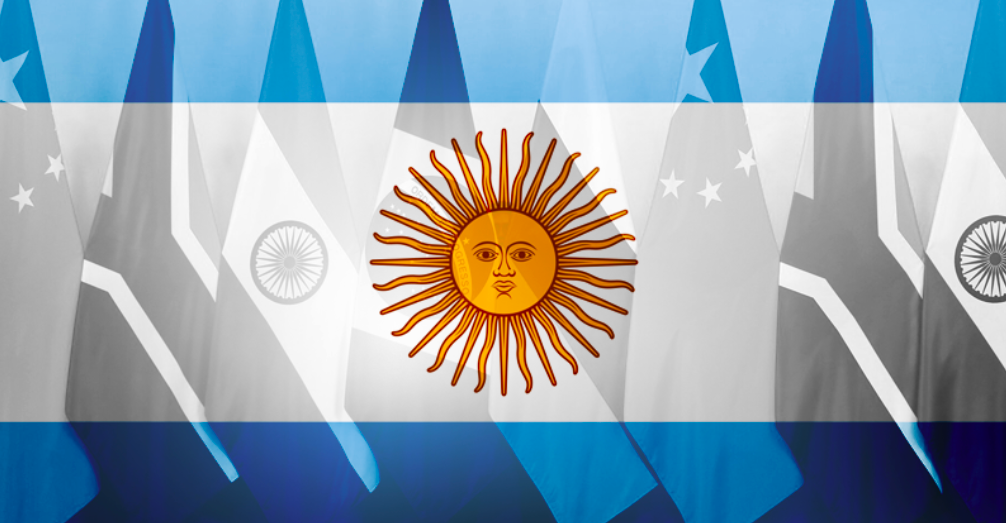
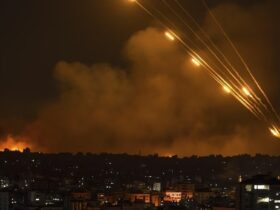
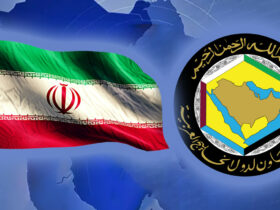
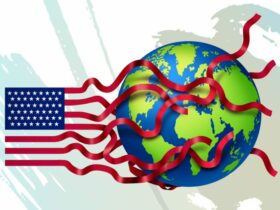
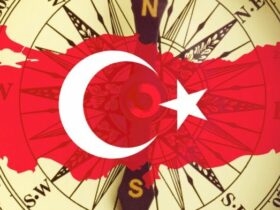


Leave a Reply